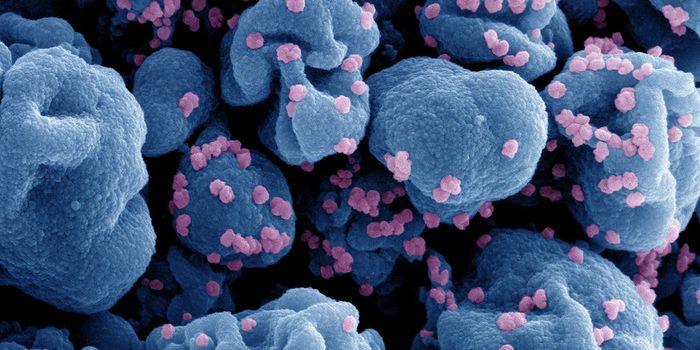How a Natural Compound Tamps Down Immunity & May Treat Arthritis
The immune system has to be ready to identify and react to pathogens, and it also has to be easily turned off when the job is done. When immunity is not carefully controlled, serious problems can arise. If the immune system begins to attack cells of the self, diseases including type 1 diabetes, Crohn's disease, and rheumatoid arthritis can occur. Scientists have now discovered the mechanisms underlying the anti-inflammatory properties of a natural molecule called celastrol, which is from the Tripterygium wilfordii plant (also known as Thunder God vine) and is used in traditional Chinese medicine. The findings have been reported in Science Immunology.
This study has shown that celastrol suppresses part of the immune response and reduces autoimmune activity by disrupting the COMMD3/8 complex, which is composed of copper metabolism MURR1 domain–containing (COMMD) 3 and COMMD8. Celastrol is a bioactive compound that seems to relieve autoimmune activity by binding to COMMD3, which stops the COMMD3/8 complex from forming. Celastrol also relieved the symptoms of rheumatoid arthritis in a mouse model.
"We had previously shown that the COMMD3/8 complex potentiates the humoral immune response, yet its role in autoimmune diseases remained unclear," said senior study author Kazuhiro Suzuki.
The investigators confirmed that COMMD3 was playing a role in rheumatoid arthritis by reducing its expression in a mouse model of the disease as soon as the first symptoms appeared. This stopped the disease from progressing, which indicated that COMMD3/8 complex promotes autoimmunity in this model.
The role of the complex in autoimmunity had been demonstrated, so the scientists began to search for a compound that could stop the complex from forming, explained Kazuhiro Suzuki. "Our chemical screen identified celastrol as the most potent inhibitor of the COMMD3/8 complex."
The researchers found that when the mouse model of rheumatoid arthritis was exposed to celastrol, antibody responses were reduced, B cell migration was inhibited, and the progression of arthritis was halted in these animals.
The researchers also created a mouse model in which the expression of COMMD3 could be switched off. The beneficial effects of celastrol were no longer observed when mice did not express functional COMMD3.
While this work has to be confirmed in humans, it has suggested that the COMMD3/8 complex could be an excellent target for the development of autoimmune disease treatments. Celastrol may potentially be an effective therapeutic for rheumatoid arthritis and other autoimmune disorders as well.
Sources: Osaka University, Science Immunology









